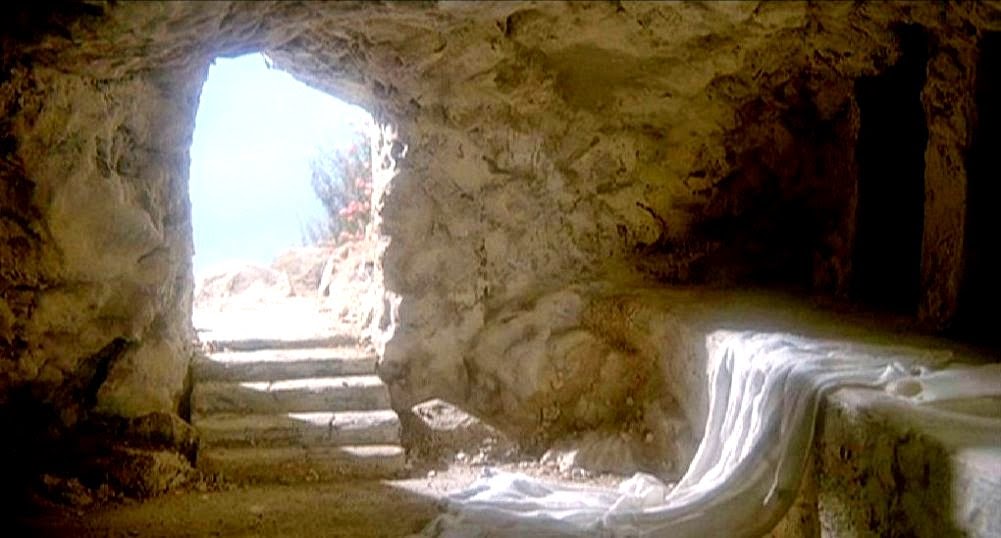
“You shall know the truth, and the truth shall make you odd.” — attrib. Flannery O’Connor
These words are attributed to Southern Gothic writer Flannery O’Connor. No one seems to be able to find the exact citation for this quote, but even if she didn’t actually say or write it, the words sound like hers. O’Connor was a storyteller who ripped away the sentiment that can find its way into faith. A devout Christian, she insisted that God’s grace was most persistent in the least likely of places (and people). Her work is full of individuals who become conduits of that grace, even if they remain ignorant, or actively resist it. “All my stories,” she wrote, “are about the action of grace on a character who is not very willing to support it.”
The Easter story makes no conventional sense. Even before the miracle of the resurrection, we see the central character refusing to save himself when all around him are scrambling to do so. We see him replacing vengeance with forgiveness. Later he walks among his friends after what everyone thought was the unqualified final chapter in the tale. And then, the story gains traction through witnesses with a very spotty track record. All proof texts for the action of grace working through many people and multiple systems “not very willing to support it!” A writer’s room would probably reject this unbelievable narrative arc. An editor would have some suggestions about how to pull its preposterous claims into a more cohesive whole.
It is strange, this story about assumptions turned inside out; about the world shattered and remade with the only enduring and sustainable emotional currency possible. The truth offered in the Passion and Resurrection is completely out of step with what we think we know. By extension, we become odd when we claim this truth as our own. This happened to the earliest followers of Jesus, and it happens to us today. Forming our lives around God’s mysterious work through the Holy Spirit pulls us into seeing everything differently. Following in the steps of Christ leads us to a life of freedom beyond convention, of abundance in all circumstances
Too unlikely? I close with more words from Flannery O’Connor: “If you feel you can’t believe, you must at least do this: keep an open mind. Keep it open toward faith, keep wanting it, keep asking for it, and leave the rest to God.”
Easter blessings,



